With seventy days until the election, Special Counsel Jack Smith filed a superseding indictment against former president Donald Trump on Tuesday. You know what they say: if at first you don’t succeed… try, try again.
“Smith simply re-indicted on same four criminal counts with less evidence,” legal scholar and George Washington University professor Jonathan Turley wrote on X. “He removed factual claims that clearly would trip the wire on the recent presidential immunity ruling of the Supreme Court…”
In other words: meet the new indictment, same as the old indictment. But is anyone surprised?
The Justice Department has been choosing quantity over quality in pursuit of their white whale Donald J. Trump for years.
But their disregard for the rule of law hasn’t come without its fair share of setbacks. Back in early July, the Supreme Court’s 6-3 decision on presidential immunity for official acts threw the first wrench in the works for Smith.
The opinion read, “Under our constitutional structure of separated powers, the nature of Presidential power entitles a former President to absolute immunity from criminal prosecution for actions within his conclusive and preclusive constitutional authority. And he is entitled to at least presumptive immunity from prosecution for all his official acts.There is no immunity for unofficial acts.”
Two weeks later Judge Aileen Cannon ended Smith’s classified documents prosecution against the former president after deciding that he was unconstitutionally appointed as Special Counsel. Foiled again.
With Election Day looming and desperation kicking in, Smith has thrown yet another Hail Mary with this latest refiling.
The strength — or lack thereof — of the indictment is not the only aspect of the refiling that is raising eyebrows: Smith’s indictment eked out the DoJ’s so-called “sixty-day rule” by only ten days.
How fortuitous! If you need a refresher on the rule, a recent example of its implementation would be the 2016 investigation into Hillary Clinton’s use of her personal email server. At his now infamous presser, then-FBI director James Comey told reporters he would be turning over said investigation to the Justice Department and would not recommend criminal charges.
Two years later, in an interview with NPR in 2018, Comey offered an explanation as to what motivated the controversial decision. “Our tradition, our norm — and I keep hearing people talk about our rules, there are no rules on this, but there’s an important norm,” he delineated. “We take no action if we can avoid it in the run-up to an election if it might have an impact.”
So the sixty-day rule is not a rule at all. It isn’t in the DoJ handbook.
There are no hard and fast cut off dates for when the oJ should or should not pursue action into a presidential candidate. The general principle, which Comey espoused, is to try and avoid impacting elections if possible.
So why can’t the DoJ abide by this cherished norm when it comes to the Trump case? One possible explanation: following norms at this current juncture would be inconvenient for the Democrats.
The irony of course is that Trump has long been derided by the left as being the great destroyer of norms.
It would appear that like democracy, norms are only worth safeguarding when they help bring about the appropriate ends. When they stand in the way of the ends, well… then norms are meant to be broken.










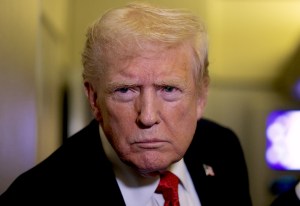


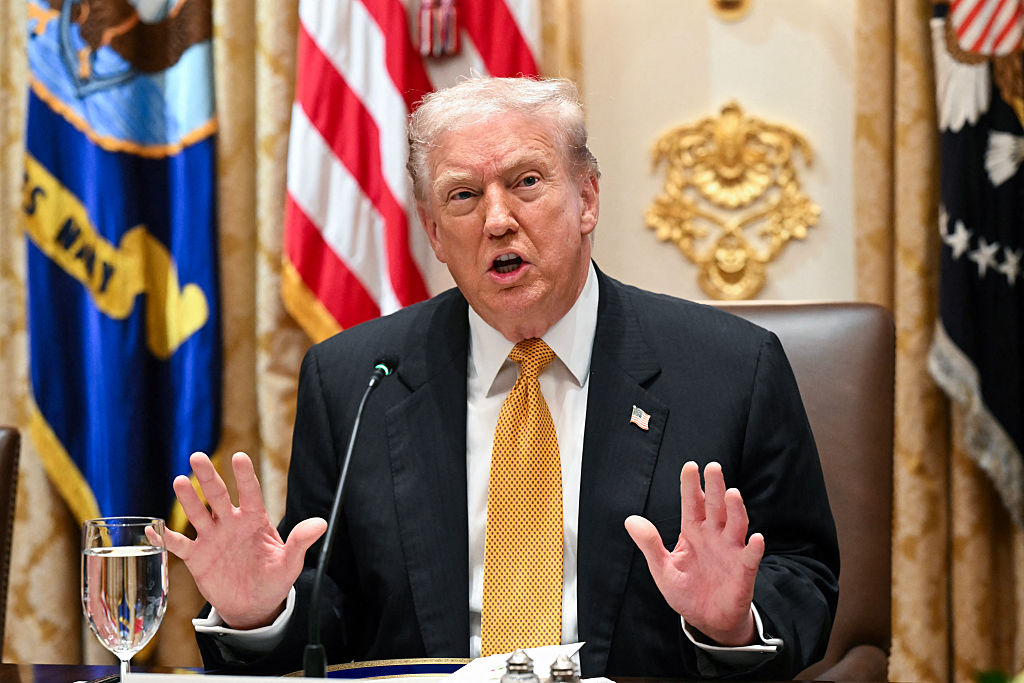

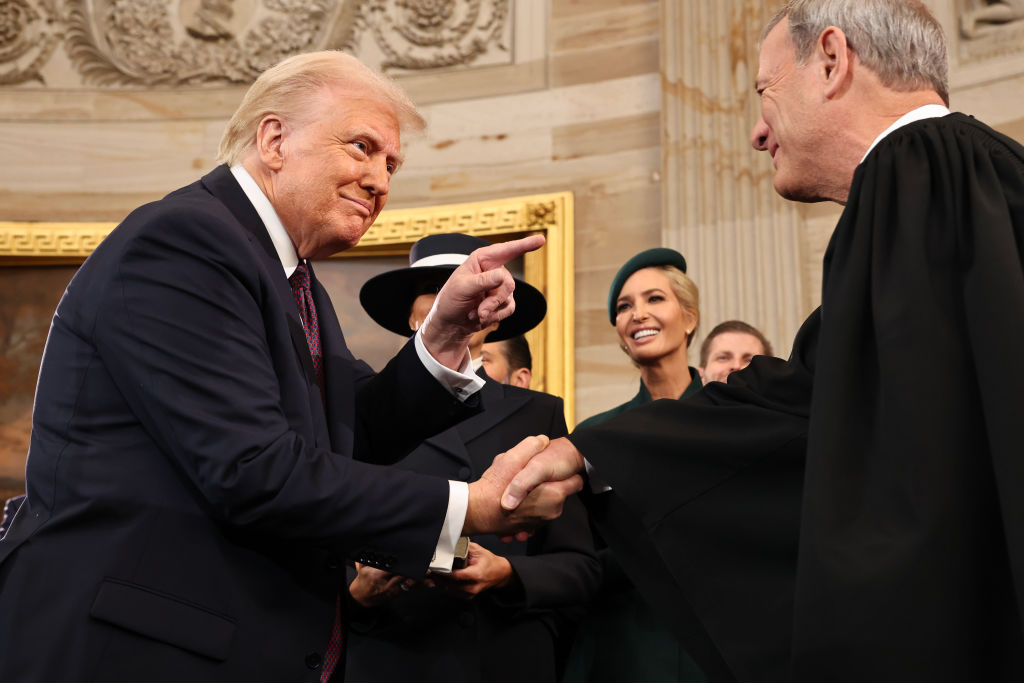
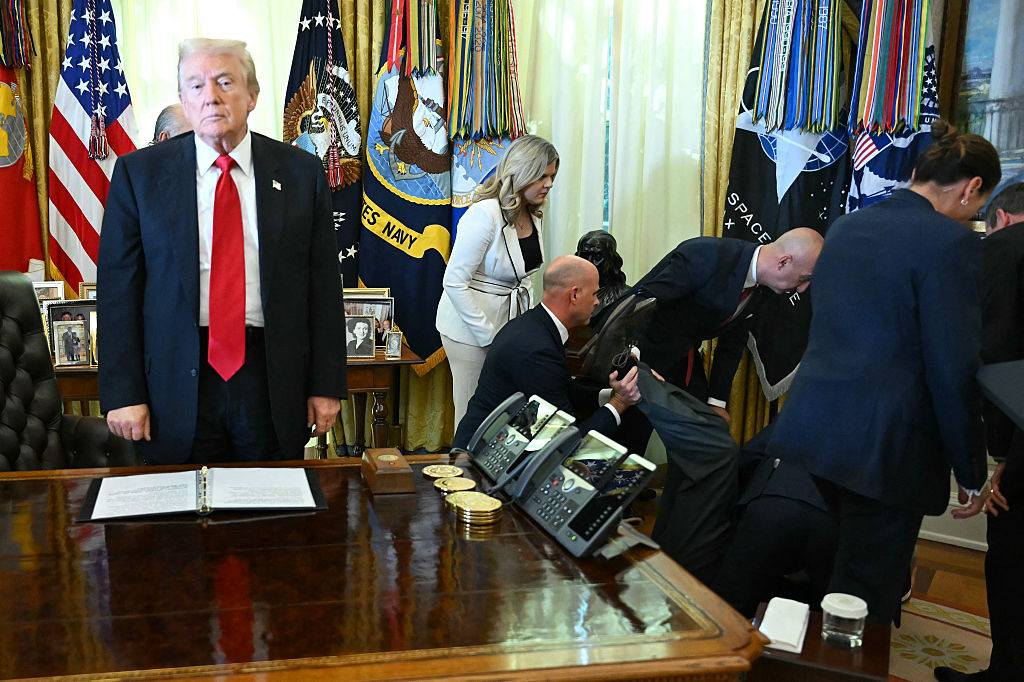

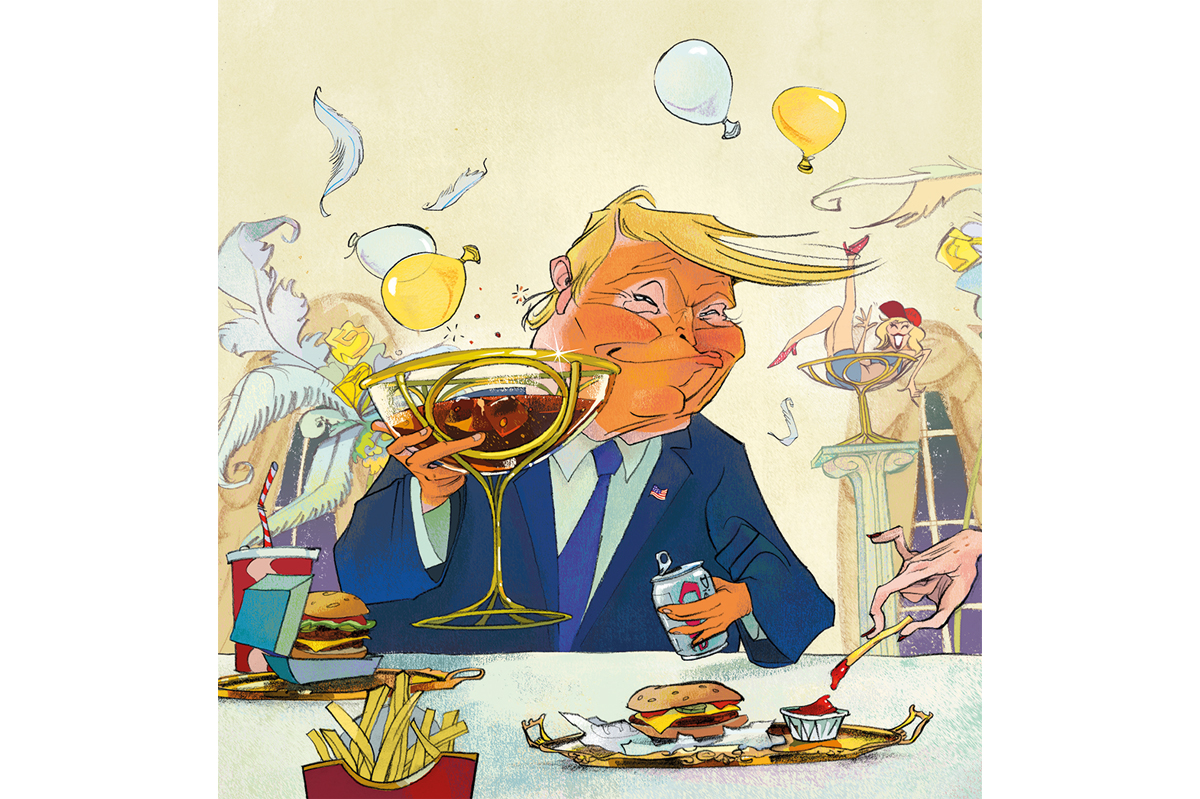







Leave a Reply